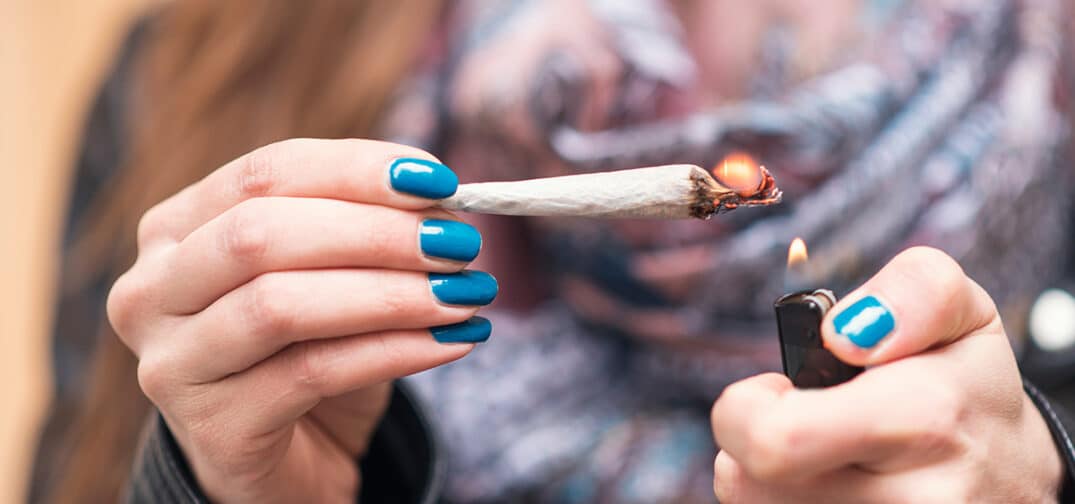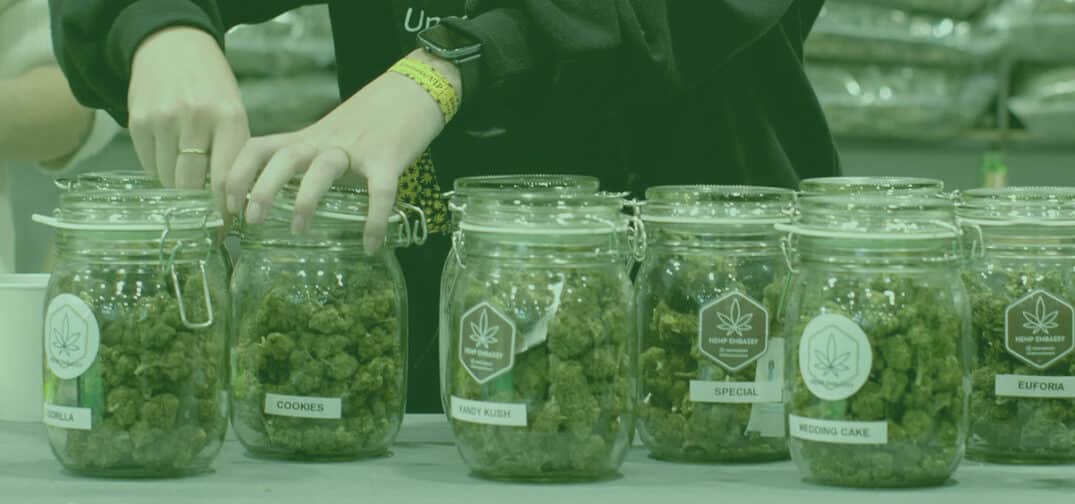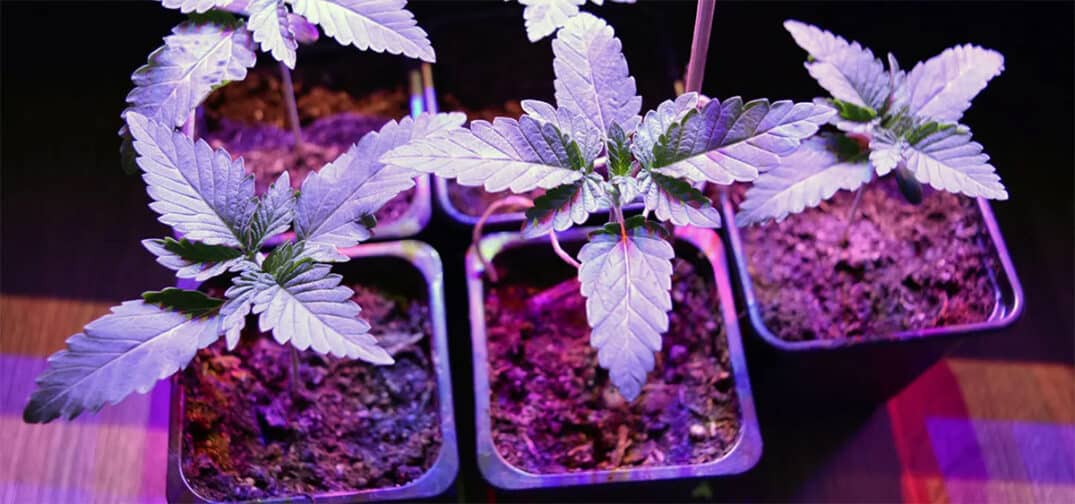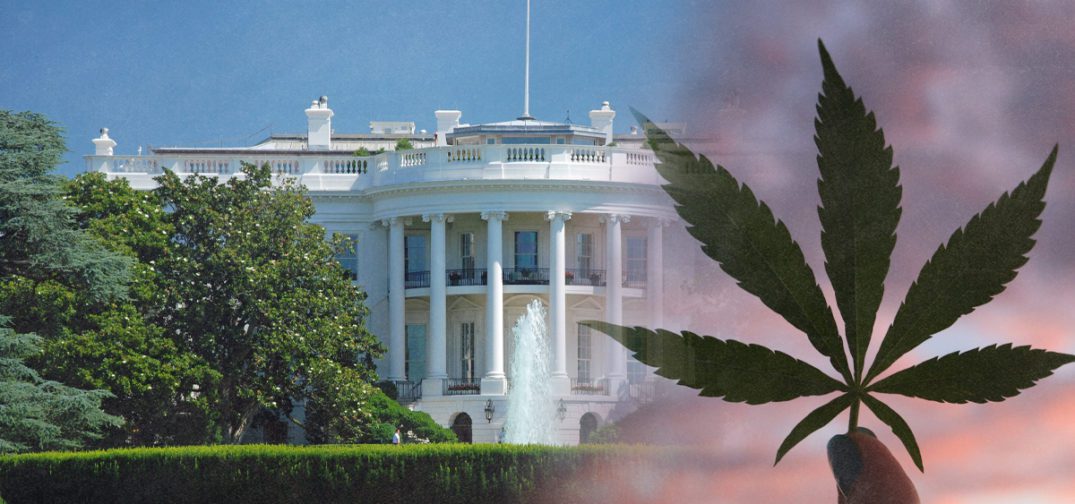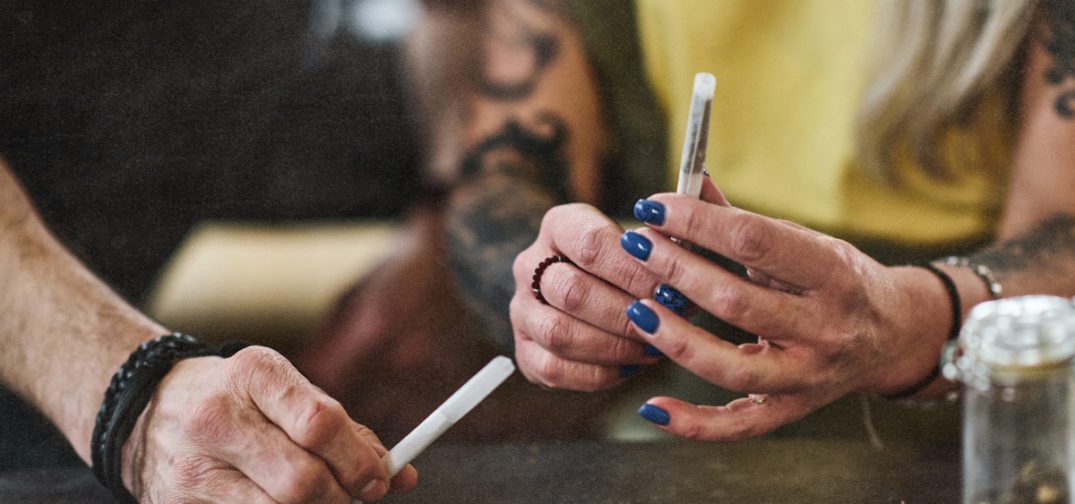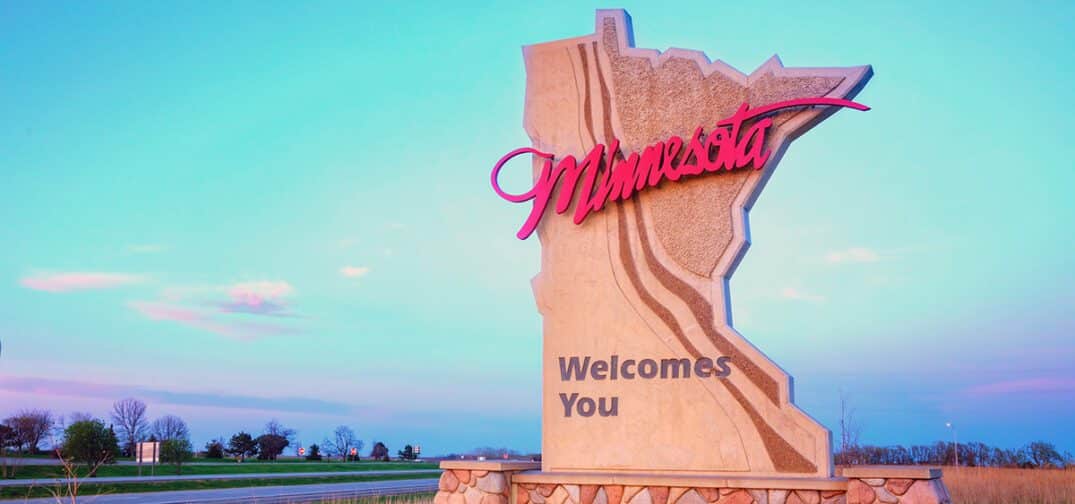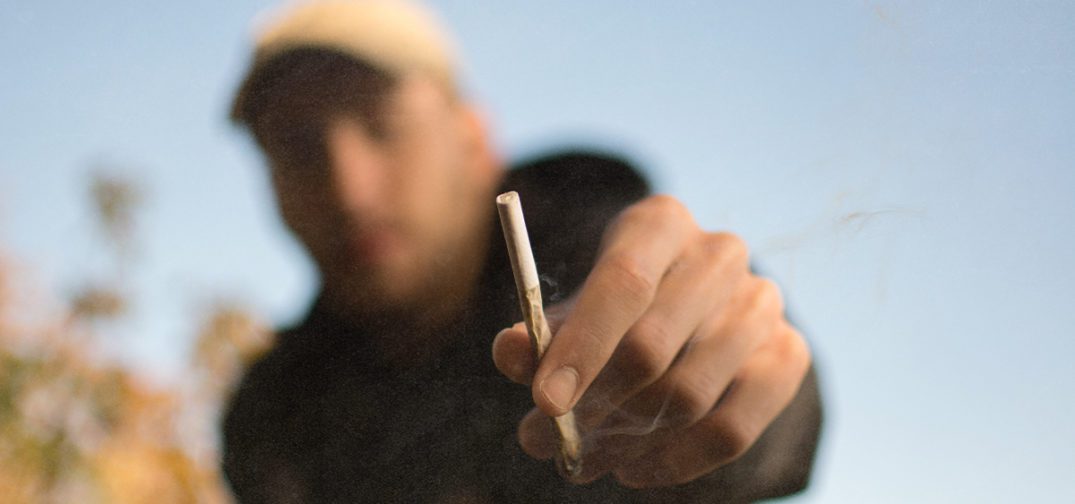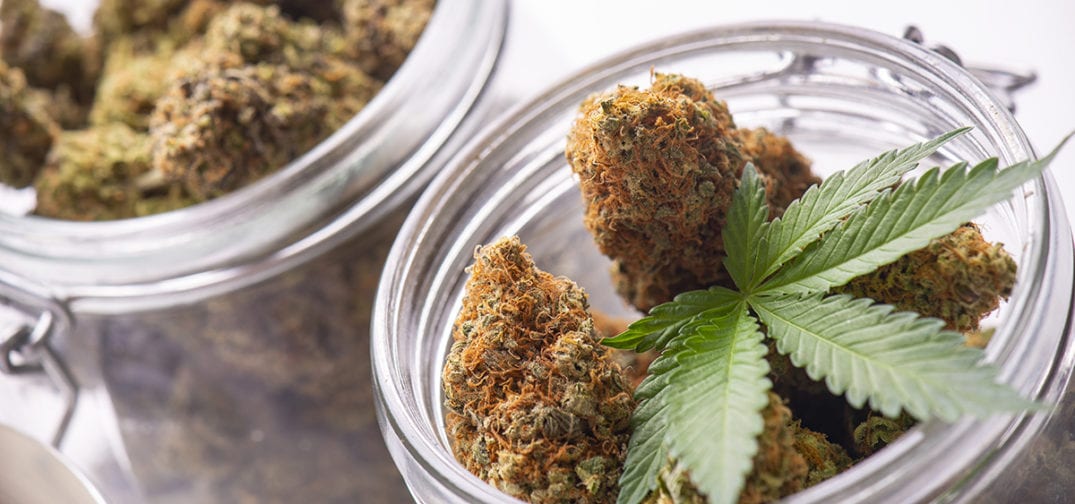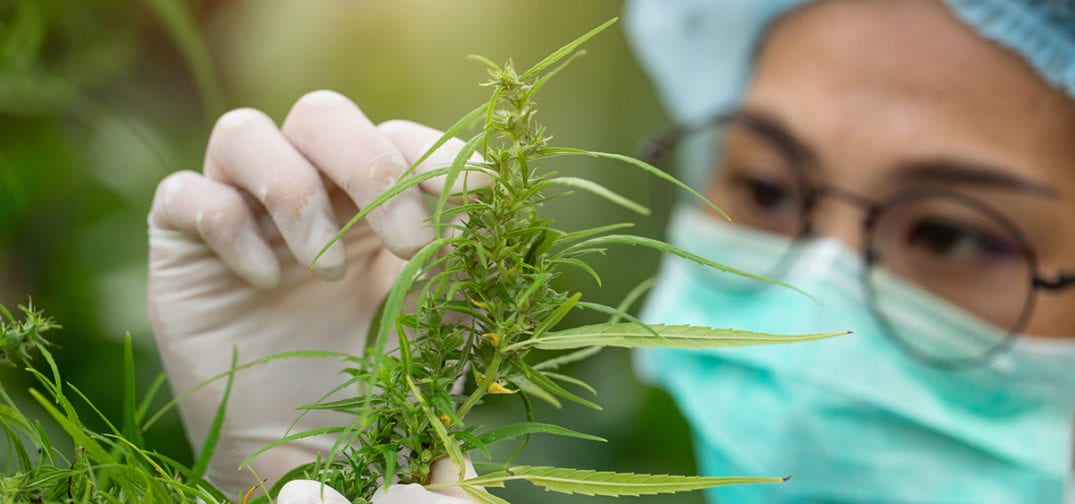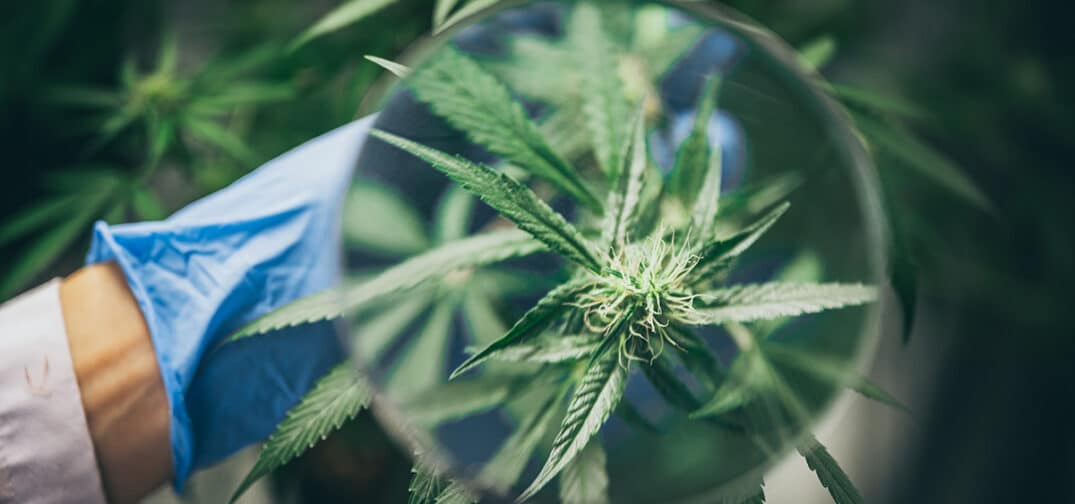Editor’s note: this article is a guest contribution from Guillermo Rodriguez of Anders CPA.
Cannabis dispensaries play the retail game by a different set of rules. With stringent regulations, sky-high licensing fees and a tax code that doesn’t allow for the deduction of overhead expenses, retailers start with the deck stacked against them. Add to that fierce competition from both licensed and unlicensed operators, it’s no surprise that so few manage to be profitable (only one-third were profitable in 2022, with 31% breaking even, leaving 38% unprofitable, according to a 2023 study).
Pricing pressure – especially in well-established markets – is one of the biggest challenges retailers face. Without nationally recognized brands, certain consumer segments – particularly those buying in the flower category – treat cannabis like a commodity and shop around, in search of the best deal. In response, retailers slash prices, offering overly discounted goods in hope of securing customer loyalty and market share, when in reality, all that does is incentivize consumers to continue to make buying decisions based on price.
So how should cannabis retailers position themselves to resist pressure from the illicit market? While many consumers recognize the inherent advantages of dealing with licensed retailers – product safety, consistency, and convenience – the illicit market’s allure of lower prices exerts a considerable influence on legal sales.
Rather than continue to slash prices, we recommend that licensed cannabis retailers focus on customer experience, educating themselves with local data in order to make the most of every sale.
Losing Strategies: Competing Only on Price and THC Content
Offering steep discounts may seem like the surest way to lure customers, but cannabis retailers need to exercise caution: recent industry surveys reveal that only 30% of consumers are motivated purely by price; the other 70% are open to other avenues for loyalty – those consumers should be your focus.
Excessive discounting can have negative repercussions for both individual operators and the industry as a whole. There is a place for discounting, of course, but it should be done with careful attention to your POS data. Limit discounts to slow moving products or products with higher margins, ideally in collaboration with a vendor who may be willing to shoulder part of the cost of the promotion. Blanket discounting may be putting money back in the customer’s pocket – and putting yourself in the red.
Another losing strategy is to try to compete on THC content, another attribute that price-sensitive consumers tend to favor, as they falsely believe higher THC leads to a better experience. The more educated consumer, however, will be buying based on factors like terpenes, aroma and consistency. That’s where the growth potential lies, and that’s the consumer segment a retailer would be best served to focus on.
So if you aren’t pulling customers into your store for the bargain basement prices or high THC content, how do you get them to come in, spend more, and keep coming back?
Customer Experience is Key
Licensed cannabis retailers must prioritize delivering exceptional customer experience for anyone who comes through their doors.
This goes beyond having a well-designed, welcoming space. We think about customer experience holistically. It starts with educating yourself about your market, which requires a nuanced consideration of various factors, including the local market dynamics, competition, and regional preferences. Tailoring strategies to cater to the unique characteristics of your customer segments can be a game-changer in a highly competitive industry.
Demographics, geographical location, and cultural factors all play a role in shaping your customer profile. For instance, cannabis sales data by Headset from across the United States reveals that Generation Z has a strong preference for selecting pre-rolls as their form factor. If your retail shop is near a college or university, it would be prudent to stock your assortment accordingly.
However, if your dispensary is near a popular tourism hotspot or close to a state border, your customer demographics and shopping behaviors may differ significantly. In Las Vegas, for instance, individuals from out-of-state often visit to purchase cannabis, but their buying patterns may result in higher basket sizes compared to local customers.
Recognizing these unique aspects of your consumer base enables you to adapt your marketing, product selection, and pricing strategies.
Don’t Sleep on Your In-House Sales Data
Looking at industry-wide data trends can give a big-picture understanding of how you fit into the market, but when it comes to increasing profitability, your own sales data is your most valuable asset.
No matter which point-of-sale system you use, your sales data can typically be exported to a separate data visualization program to help you quickly identify your best and highest-impact opportunities for improvement.
- Reinforcing Dynamic Sales Forecasting: Leveraging sales data enables retailers to better understand customer behavior and trends, facilitating more confident and precise sales forecasts which provides visibility into future cash flow.
- Optimizing Pricing Strategies: Analyzing sales data empowers retailers to make informed pricing decisions, striking a balance between competitiveness and profitability.
- Optimizing Basket Size: Sales data can also help retailers increase average basket size at checkout by predicting where a consumer is likely to add additional items into their basket. This empowers budtenders to make personalized recommendations that increase basket size.
If conducting in-depth data analysis seems like a daunting endeavor and you don’t have an in-house CFO, you can always hire an outside financial consultant or Virtual CFO to help you interpret your data and develop strategies to carry forward. A VCFO can also help you manage your dynamic forecasting process and model out future growth based on the strategies you implement.
Optimize Each Sale by Zooming into the Individual
Data analysis gives you the big-picture, but you’ll see the financial impact when you put the numbers to work with each customer who steps up to the register.
Once you have this granular level of detail about a customer, upselling becomes a way to continuously improve client experience, rather than a money grab.
The benefits of upselling are significant: Consider a retailer who successfully upsells one $5 preroll on just 10% of transactions. This seemingly modest effort can lead to an increase in the average transaction size, adding 50 cents per transaction. While this may appear minimal at first glance, its cumulative long-term impact can be substantial: if this retailer is averaging 500 transactions per day, this seemingly insignificant amount adds up to over $90,000 in revenue annually. For a retail chain with five locations, this simple approach could yield over $450,000 in annual revenue.
The key is consistency and discipline in training sales staff continuously, especially given the high turnover in the industry. If a budtender learns to use POS data, they’ll be able to offer the right product to the right client, for example, elderly clients may be more likely to go for edibles rather than pre-rolls, and female customers have a higher affinity for edibles than their male counterparts.
Overcome Upselling Challenges
Upselling for cannabis retailers includes unique hurdles. The current state of cannabis payment processing typically does not allow for payment with popular branded credit cards issued on the two largest payment networks Mastercard and Visa. When customers visit ATMs before their dispensary visits and limit their cash to the intended purchase amount, buying additional items may not be an option for the consumer.
Nevertheless, there are several technologies and tools that help overcome these obstacles to upselling:
- Non-Credit Payment Gateways: ACH payment platforms like Aeropay offer electronic payment options that can help circumvent the barrier to seamless upselling. Encouraging loyal customers to embrace such platforms can simplify the process by providing them with a more convenient and flexible payment method.
- Loyalty Programs: There are numerous cannabis-specific B2C loyalty software platforms that integrate with your point of sale (or are included as part of it). These platforms can help you upsell to your recurring customers through points programs and discounts.
- Remarketing: To get the most value out of your customer data and loyalty program, you should be remarketing to them on a consistent basis. Different from customer acquisition, remarketing is simply the process of reaching out to your existing customers to offer them deals, provide useful information, and (for best results) personalized recommendations. Happy Cabbage is an example of a platform designed to help retailers do precisely this. Additionally, an active social media presence and email newsletter can keep your customers engaged so you have a receptive audience to promote upselling offers to.
While banking reform and access to standard financial services for cannabis retailers is hopefully not too far off in the future with the proposed federal rescheduling of cannabis, in the meantime it’s essential to make upselling as frictionless as possible.
Bottom Line: It’s All About Consistency
When a customer enters a dispensary, they might simply be curious to know what all the hype is. But they also might be seeking a specific outcome: pain relief, more energy, better sleep.
Meet that need by staffing your store with knowledgeable budtenders, ready to offer highly consistent products specifically geared to each individual consumer, and you’ll earn customer loyalty and higher profit margins.






